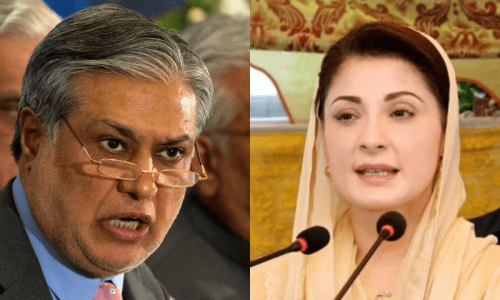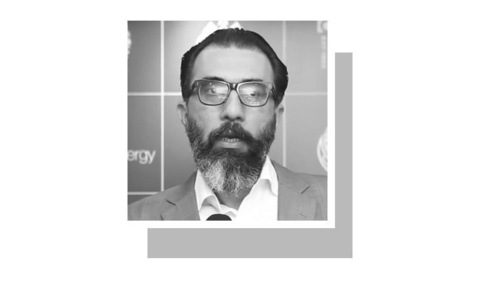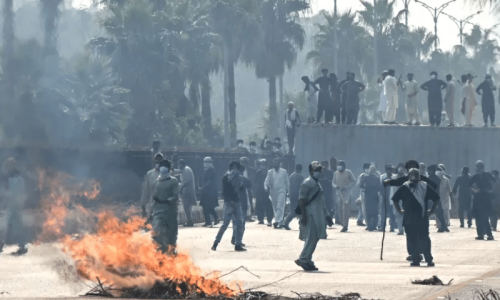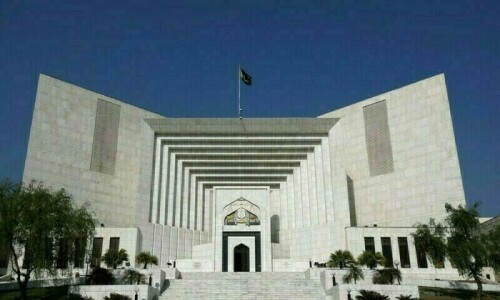WHAT happened recently in Norway has not only shocked the world, it has also raised an important question. Does religion stand for peace or murder? One thing is certain: after 9/11 only Islam is being blamed for violence, war and ‘jihad’.
Now it is obvious that such extremists who go on a killing spree are found in all religious traditions, even in highly developed nations. It is not only ‘backward Arabs’ or ‘fanatical Islamists’ who kill. Even Christians from highly developed and democratic nations can kill innocent people without remorse. Many people would readily blame religion for such killings, but the reality is more complex.
Religion is a tool which can be used for both establishing peace as well as for waging war. Much depends on the individual or a group with a certain ideology. Obviously, all religious individuals do not kill nor do all groups embrace far-right ideologies. Is then peace more integral to religion or the hatred of the ‘other’? Does one who hates the ‘other’ love his own people? The answers are not as simple as we would like to believe.
Religion can be what we want it to be. There are instances of religion being used for peace and also for spreading hate. There have been many deeply religious people who devoted their lives to the cause of peace. Foremost among them in our own times were Gandhi and Martin Luther King Jr. Gandhi stood for non-violence and so interpreted his religious tradition as well as other traditions like Christianity and Islam to establish peace.
Similarly, a Vietnamese Buddhist monk, Thich Nhat Hanh, firmly stood for peace in the face of horrible acts of violence committed by America in Vietnam. We often condemn those who use religion for killing others as fundamentalists but interestingly those who use religion for peace too make very hard use of religion and are, in that sense, no less fundamentalist.
Interestingly, Gandhi also rejected a complete public-private split, stating “I could not be leading a religious life unless I identified myself with the whole of mankind, and that I could not do unless I took part in politics. …You cannot divide social, economic and purely religious work into watertight compartments”. Islamic thinker Iqbal, by no means a narrow-minded Islamist, also said that if religion were separated from politics, only changezi (cruelty) would be left in it.
Thus religious peacemakers also want to use what we can call ‘hard-core’ religion (as against a softer version) to establish peace. Another example is of the Quakers who have a longstanding tradition of rejecting compromises with secular institutions like the government. They refused, for the sake of peace, conscription in military services. They denounced slavery and refused to own slaves or use goods produced by slave labour, and actively obstructed slave labour for building underground railways. Thus religious convictions can be actively used to mend public affairs.
Both those who use religion for peace and those who use it to perpetrate violence against the ‘other’ are convinced of the truth of their religion. They firmly believe their religion is based on ‘divine truth’. It is the firm belief in the ‘divine truth’ which motivates them to act. Then what is the truth of their ‘Truth’? What is truth, remains an important question. Those who stand for peace know that the truth of all religions is one.
Divine truth is manifest in different ways in different religious traditions. The truth of one religion cannot conflict with the truth of another. The Quran calls it ‘wahdat al-deen’ i.e. unity of religion; Maulana Abul Kalam Azad devoted one whole volume to the nature of the subject. Dara Shikoh also dealt with it in Majma’ul Bahrayn (‘Co-mingling of Two Oceans’) and points to some striking similarities.
The nature of divine truth is complex. It must be understood more in action than thought. The truth is more than empirical fact; it lies more in values. It may be a combination of fact and value or at times only value, mainly a spiritual one. It may be expressed either descriptively in language or symbolically. Those who hold strong convictions express it more through action. The truth is more a quest than a settled issue.
In a streak of Buddhism, non-attachment to ideas plays an important role. Thus one of the principles of ‘engaged’ Buddhism is not to be idolatrous about or bound to any doctrine, theory or ideology. All systems of thought are, according to this principle, only guiding means and not absolute truths. Also human life is more precious than an ideology or a doctrine.
Humankind has suffered much from attachment to ideas or doctrines.
Idolatry is not only worshipping idols but also worshiping ideas and doctrines. The truth should be taken as a process. A truly religious person’s life is devoted to its pure quest rather than its unalterable nature. Different cultures and different conditions can produce different forms of the truth or it may be put differently in different languages or cultures, as Dara Shikoh has argued in his book.
The Quran also says that Allah has created diversity; we must accept diversity as a divine gift. The Norway killer was angry at multiculturalism, and many Europeans are not so enthusiastic about immigration and multiculturalism. This creates narrow-mindedness and anger and can explode in a violent form through an individual or a group. The only remedy is to accept diversity and multiculturalism as part of the divine plot for creation, as the Quran argues.
The writer is an Islamic scholar who also heads the Centre for Study of Society & Secularism, Mumbai.











































Dear visitor, the comments section is undergoing an overhaul and will return soon.